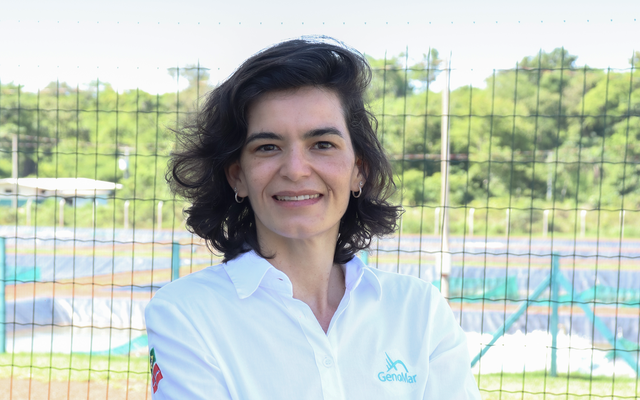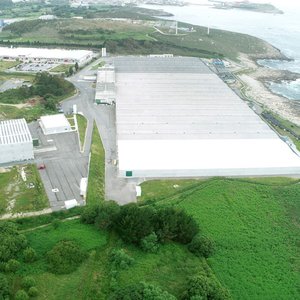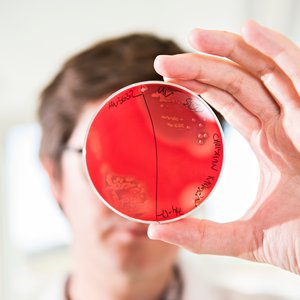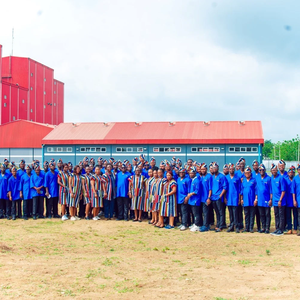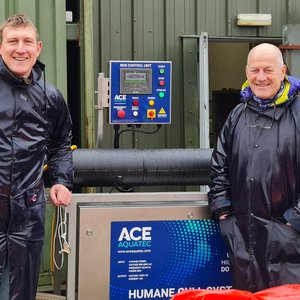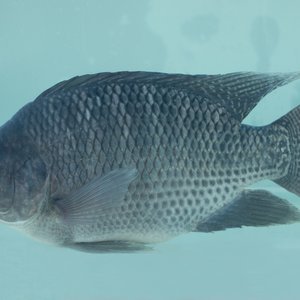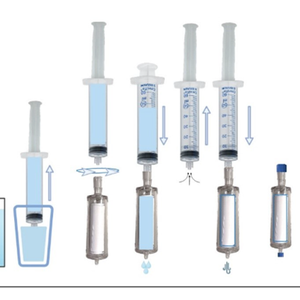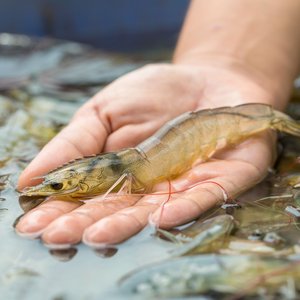GenoMar Genetics Group appointed Marina Delphino as the group’s Fish Health & Quality Solutions Manager. Marina's wealth of experience and expertise in the field underscores the company’s commitment to advancing sustainable practices in tilapia aquaculture.
One major task for Marina will be to develop and implement a unified vision and strategy for fish health, welfare, and quality for all the company’s global operations. The aim is to deliver robust and healthy starting material to farmers.
“Marina has done an outstanding job setting up and maintaining a whole new standard in biosecurity and health management at our tilapia breeding center in LATAM. We want to replicate similar standards across all our operations and lead the way in biosecurity as much as we do in genetic performance. Her skills, experiences and uncompromising attitude will provide great leadership to our global teams to reach that goal,” said Alejandro Tola Alvarez, CEO of GenoMar Genetics Group.
“I'm excited to take up this new role at GenoMar. Building on my journey since 2020 as the Fish Health and Welfare Manager at the Brazilian Breeding Center, I will be dedicating my efforts to maintaining our top-tier biosecurity and health standards across all units. Furthermore, my focus will be on achieving crucial certifications and building systems for quality control of the final product. This move represents a major step forward in the company´s collective pursuit of sustainable, high-quality aquaculture,” said Marina.
Marina is a veterinarian. Following the completion of her veterinary degree, Marina contributed to Aquatic Animal Health Coordination at the Ministry of Fisheries and Aquaculture in Brasilia, Brazil. Her responsibilities included developing surveillance for aquatic animals and conducting import risk analysis for aquatic animals and their products.
During her PhD, she engaged in an aquaculture project to identify the key disease risks of tilapia farming in a tropical reservoir. This involved a comprehensive study, characterizing the dynamics of prevalent pathogens. The findings served as a foundation for the development of effective control measures, influencing tilapia health and enhancing surveillance programs.
Later she became a postdoctoral fellow, working with the Canada Excellence Research Chair in Aquatic Epidemiology at the University of Prince Edward Island, Canada.


